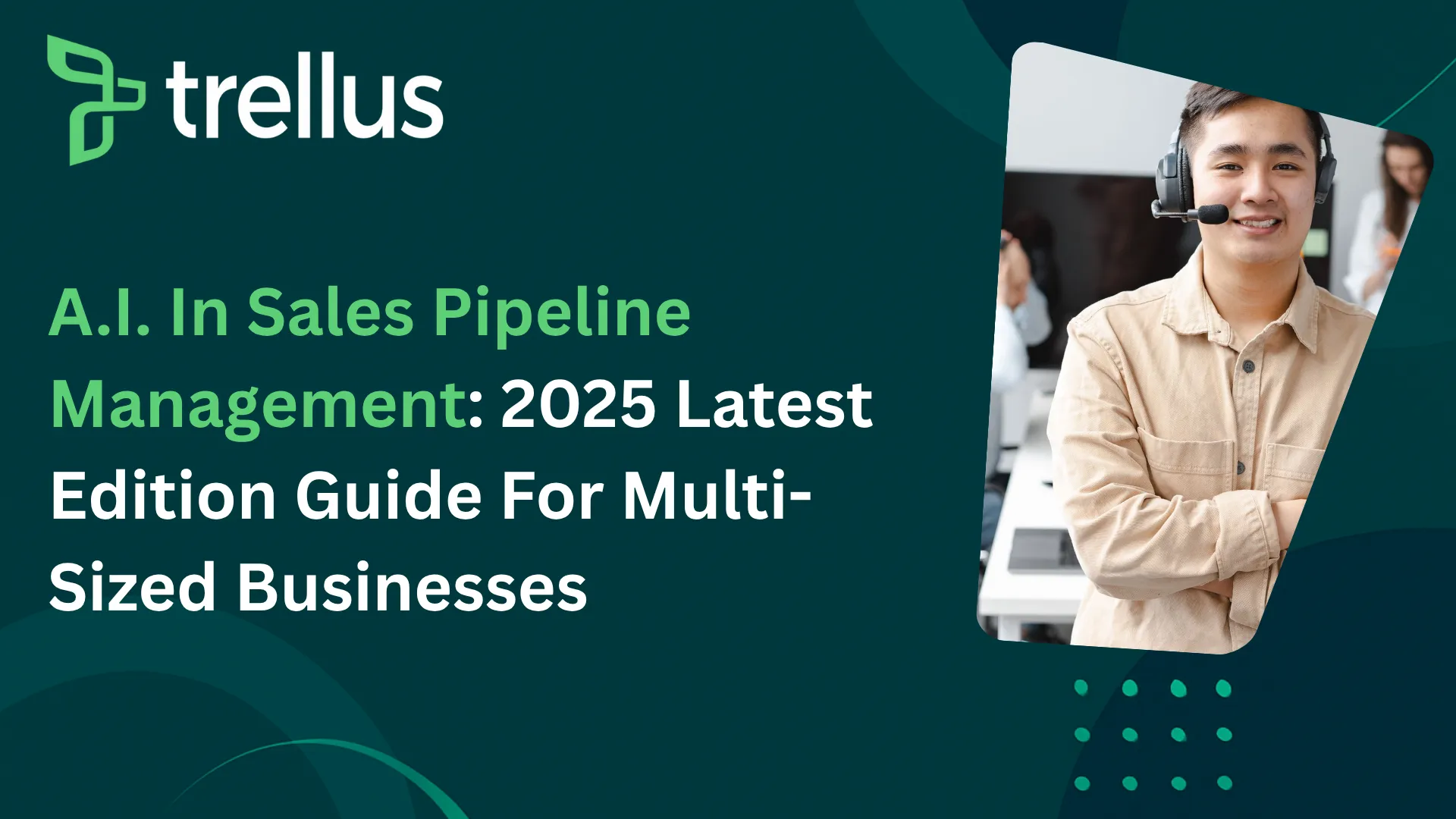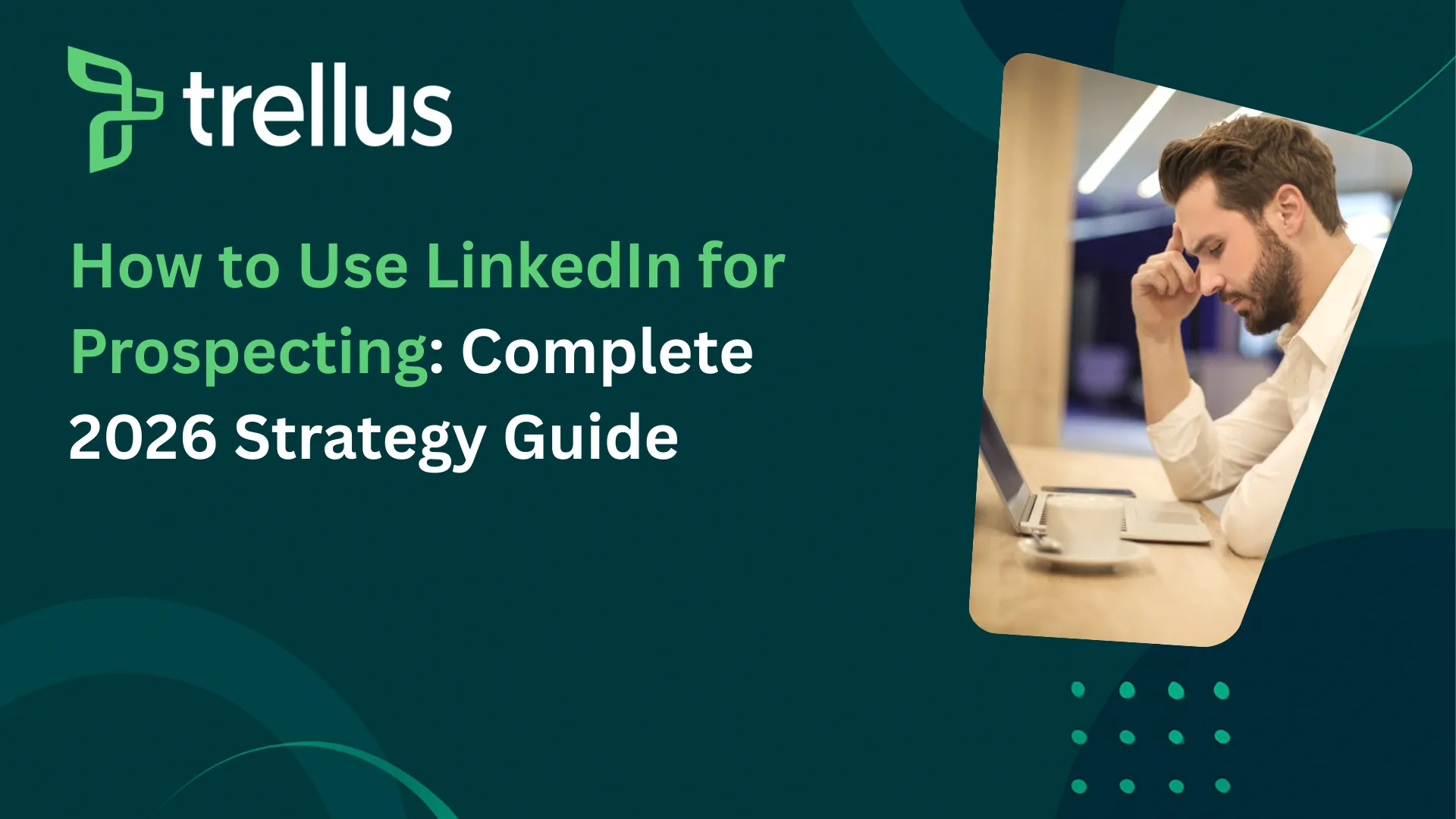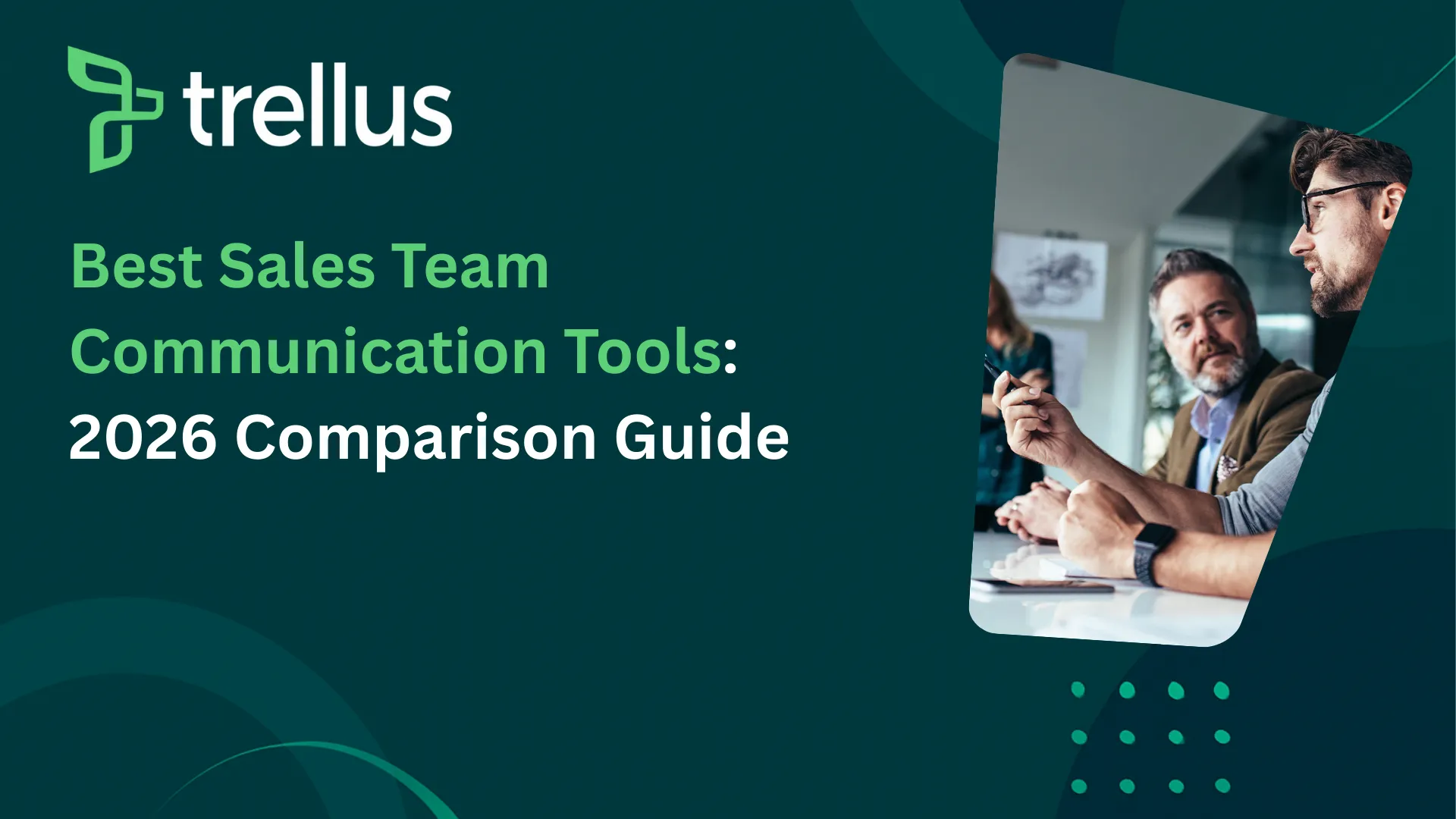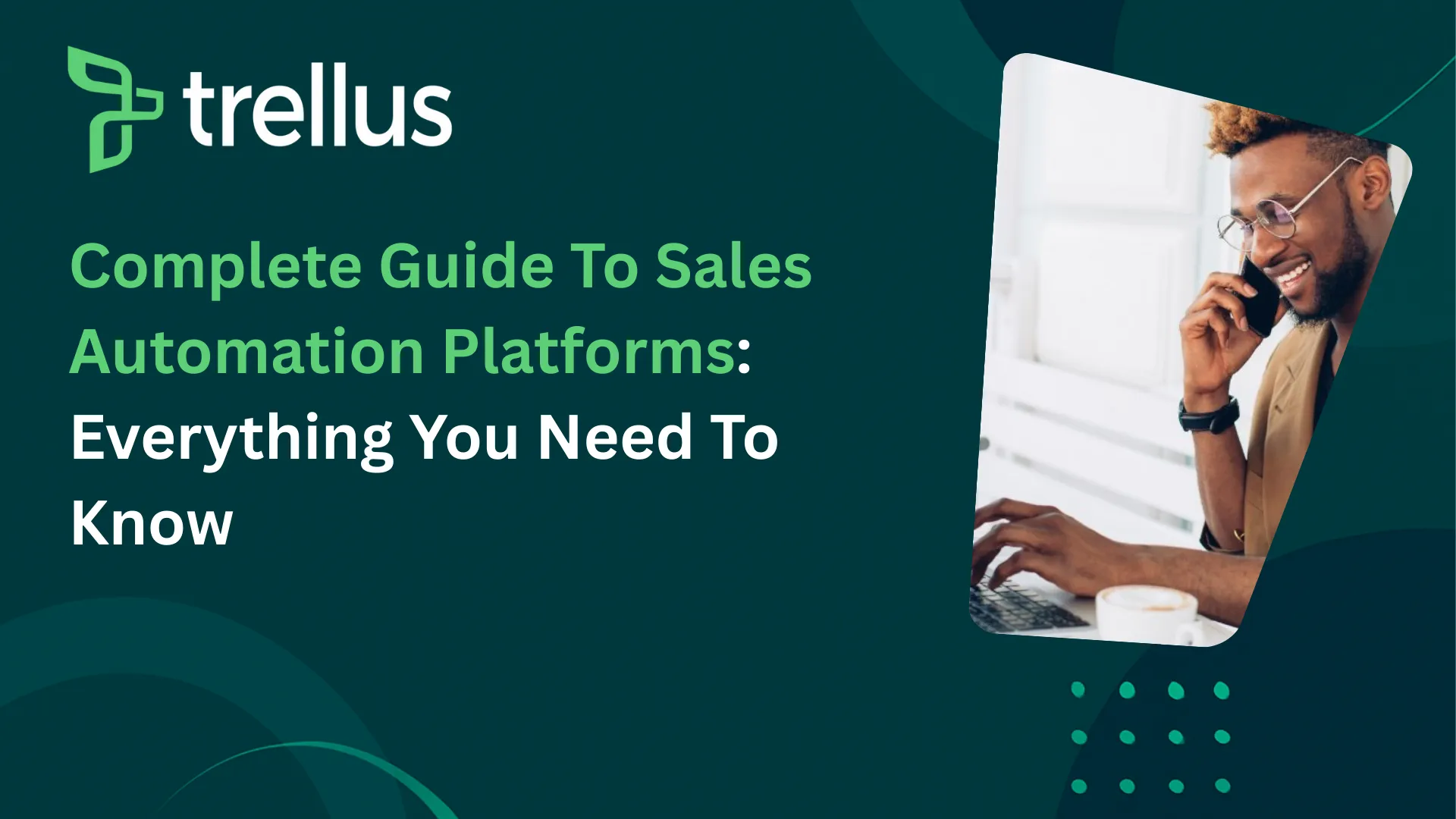
Our Top Picks


Artificial intelligence in sales pipeline management has emerged as a foundational solution for sales teams looking to streamline operations, improve targeting, and convert leads into loyal customers faster than ever.
What used to be a time-intensive process led by human judgment and repetition is now becoming a smart, responsive system capable of reacting to customer behavior in real-time.
The adoption of AI-powered tools and sales pipeline management software is not just reshaping how companies sell—it’s redefining what high performance looks like for sales development reps (SDRs), account executives (AEs), and sales managers.
That being said, there’s a lot more to pipeline management (*and sales enablement software providers) than what meets the eye. This post doubles down on everything related to the subject matter to help you make smart, long term decisions.
Read on…
Why AI in Sales Pipeline Management is Reshaping B2B Success

Sales pipelines are at the heart of any revenue-driven strategy.
Ask anyone in the sales or marketing field, they’ll tell you that if you’re taking metrics and data driven decisions into account, there’s a little chance for your long term strategies to bungle.
Pipeline management, over time, represents the stages through which prospects progress—from initial contact to closed deals. However, traditional pipeline management methods often result in inefficiencies like missed opportunities, data blind spots, and generic communication.
This is where AI fits naturally into the sales process. The role of AI in sales pipeline management spans lead scoring, automated outreach, deal risk detection, and post-sale relationship nurturing. When combined with a robust pipeline CRM software or sales pipeline management tool, AI transforms guesswork into precision.
According to a HubSpot survey, 76% of sales professionals believe AI will become an essential part of how they simplify tasks and make decisions.
From our own experiments and through feedback from clients, we have heard that outbound sales campaigns through Trellus, normally see an overall better and positive reply rate—a strong signal that automation with intelligence isn’t just working, it’s outperforming legacy methods.
The Role of a Sales Pipeline Manager in the Age of AI
A sales pipeline manager today needs more than CRM knowledge or managerial oversight. The modern sales leader is expected to understand how to embed AI tools into each stage of the pipeline while maintaining a human connection with prospects and customers.
AI isn’t here to replace that manager—it’s here to support smarter decision-making. The key to a successful sales strategy lies in combining human intuition with AI-generated insights, and a strong pipeline CRM software can be the glue that binds it all together.
What Can AI Actually Do for Your B2B Sales Pipeline?
Let’s look at how AI transforms different elements of pipeline software and sales workflows:
Smarter Forecasting
AI models built into sales pipeline management tools are capable of detecting patterns across historical data. They factor in win/loss ratios, average sales cycle times, and pipeline velocity to forecast outcomes with greater confidence.
Better Targeting and Prioritization
AI doesn’t just help you find leads—it helps you focus on the ones most likely to convert. This predictive capacity gives your SDRs and AEs the ability to personalize communication and accelerate deals.
Faster Decision-Making
A CRM for pipeline management equipped with AI functionality speeds up how sales teams make decisions. You get real-time visibility into deal status, performance gaps, and engagement triggers without manually running reports.
Increased Efficiency Across the Funnel
Repetitive tasks like scheduling, lead enrichment, and data entry are handled seamlessly. That gives your team more time for strategic selling.
Better Retention Through Post-Sale Insights
AI-driven insights don't stop when the deal closes. They continue helping your success teams identify upsell and cross-sell opportunities or detect churn risks before it’s too late.
The Real-World Impact of AI on B2B Sales
Plenty of research backs up these claims. Sales leaders are seeing real gains:
- A 50% boost in sales-qualified leads from AI-driven engagement (Harvard Business Review)
- More than two hours saved per rep per day due to AI-led automation (Business Insider)
- 90% of sales professionals find AI helps serve customers faster (Salesforce)
- Conversational AI tools improve agent productivity by 14% (National Bureau of Economic Research)
These numbers are not just impressive—they’re proof that the use of AI in sales pipeline management is delivering measurable business value.
Common Pitfalls to Avoid When Using AI in Sales
While AI holds massive potential, over-reliance on automated systems can backfire if not handled strategically.
Using AI for Only One Part of the Pipeline
Limiting AI to just outreach or forecasting misses the bigger picture. AI delivers the most value when used across the entire sales funnel. A robust sales pipeline management tool should have features spanning lead scoring to post-sale activities.
Assuming AI Replaces Human Input
AI helps scale personalization but doesn’t replace the need for human empathy. Sales conversations still need a personal touch, especially in B2B where deals often take weeks or months.
Lack of Oversight
AI-generated outputs should always be reviewed before being used in outreach or contracts. Without human review, errors or irrelevant messages can damage your brand.
Technical Complexity and High Costs
Sophisticated pipeline CRM software comes with setup and maintenance demands. This can be a barrier for smaller companies. Choosing tools with good onboarding, transparent pricing, and responsive support can minimize this risk.
Garbage In, Garbage Out
AI depends entirely on the quality of data it’s fed. Poorly maintained CRM entries or outdated contact details will result in weak predictions and inaccurate insights.
Key Pipeline Stages Where AI Makes a Difference

The real power of AI comes to life when it supports each phase of the sales journey. Let’s examine how AI, paired with a quality sales pipeline management tool, can help streamline operations and maximize revenue.
1. Lead Generation Becomes Sharper
Finding the right accounts is often the hardest part of sales. Manually scouring LinkedIn, databases, or industry directories can take hours.
AI can sift through thousands of public data points and social signals in seconds. Tools powered with AI can identify target company fit, buyer intent, and job titles, and deliver clean, prioritized lead lists directly into your CRM for pipeline management.
2. Lead Qualification Gets Smarter
Once leads are in the system, the next job is identifying which ones are worth pursuing. Traditional manual qualification methods are slow, inconsistent, and not scalable.
Modern sales pipeline management tools let you create scoring models powered by AI. These models assess leads based on demographic, firmographic, and behavioral data to rank prospects in real-time. This means your SDRs spend time only where there’s a real chance of closing.
3. Personalized Outreach at Scale
Today’s B2B buyers want customized content. But personalizing hundreds of emails or LinkedIn messages by hand is just not feasible.
AI tools can create highly tailored messaging based on job title, industry, past engagement, or even recent content viewed on your site. Using dynamic templates, your outreach feels human without being manually crafted.
The best CRM pipeline management systems integrate AI to handle multichannel sequences with logic-based flows, ensuring your leads receive the right message at the right time.
4. Proposal Writing and Negotiation Support
Creating a proposal tailored to each client’s unique situation is often time-consuming. However, AI can help generate proposal templates and even entire documents based on deal history, customer pain points, and pricing guidelines.
Even during negotiations, AI-powered pipeline CRM software can recommend discount thresholds, flag risk patterns in contracts, and suggest pricing options that balance competitiveness with margin protection.
5. Sealing the Deal More Efficiently
Final-stage deals often stall due to minor objections or slow paperwork. AI can play a key role here as well.
Smart assistants within sales pipeline management tools can:
- Highlight verbal buying signals across conversations or emails
- Recommend objection-handling tactics drawn from previous successful deals
- Automatically generate contracts based on templates and past conditions
All this reduces friction and speeds up closing timelines.
6. Post-Sale Engagement and Retention
Once a deal is closed, many teams fail to follow up strategically. This is where AI helps again.
Your pipeline CRM software can trigger check-in emails, send satisfaction surveys, and surface upsell signals. AI insights help customer success teams stay one step ahead, ensuring clients stay happy and loyal.
Features to Look for in the Best CRM Pipeline Management Tools
Selecting the right pipeline management tool is essential for making AI work for you. Here are a few key capabilities to prioritize:
- Real-time pipeline visualization and forecasting
- Built-in AI for lead scoring, messaging, and task automation
- CRM integrations for seamless data flow
- Custom workflows for each stage of the sales cycle
- Smart alerts for stalled deals, buying intent, or renewal reminders
- Clean, intuitive UI for adoption across teams
Top choices in this space include Salesforce, HubSpot Sales Hub, Pipedrive, and Freshsales—each offering features that align with AI-powered pipeline strategies.
Is It Time to Upgrade Your Pipeline Management Approach?
AI isn’t a futuristic technology anymore—it’s already shaping how the best B2B companies operate.
So, from that point of view, if you’re managing a small sales team or leading global operations, upgrading to a modern CRM for pipeline management with built-in AI can give your team a measurable advantage.
The right sales pipeline management tool helps eliminate guesswork, spot opportunities early, and automate tasks that once consumed hours. But more importantly, it gives your reps the ability to build stronger relationships and close deals with confidence.
If your team is still using spreadsheets or outdated CRM tools, now is the time to rethink your stack. The combination of AI and intuitive pipeline software can take your B2B sales strategy to new heights.
Frequently Asked Questions

What is the main advantage of using AI in sales pipeline management for B2B companies?
The biggest advantage is smarter decision-making at every stage of the pipeline.
On top of that, the artificial intelligence technology, as a stack, allows sales teams to prioritize high-potential leads, forecast outcomes more accurately, and personalize communication without losing time.
In other words, it shifts the role of sales professionals from manual task handlers to strategic relationship builders, helping close more deals while working more efficiently.
Can AI-powered pipeline CRM software replace human sales reps?
No, AI is designed to support—not replace—human reps.
As mentioned earlier, the technology mostly automates repetitive tasks, analyzes complex datasets, and provides suggestions, but human judgment and emotional intelligence are still key in negotiations, objection handling, and customer relationships.
Think of it as an assistant that makes your team sharper, not something that takes over the job entirely.
How important is data quality in AI-driven sales pipeline tools?
Data quality is everything when it comes to AI accuracy. If your CRM is filled with outdated or incomplete data, your AI tools won’t be able to generate reliable insights.
The important thing to know is that clean, regularly updated information ensures that AI recommendations reflect real opportunities and risks, giving your sales pipeline a much stronger foundation.







